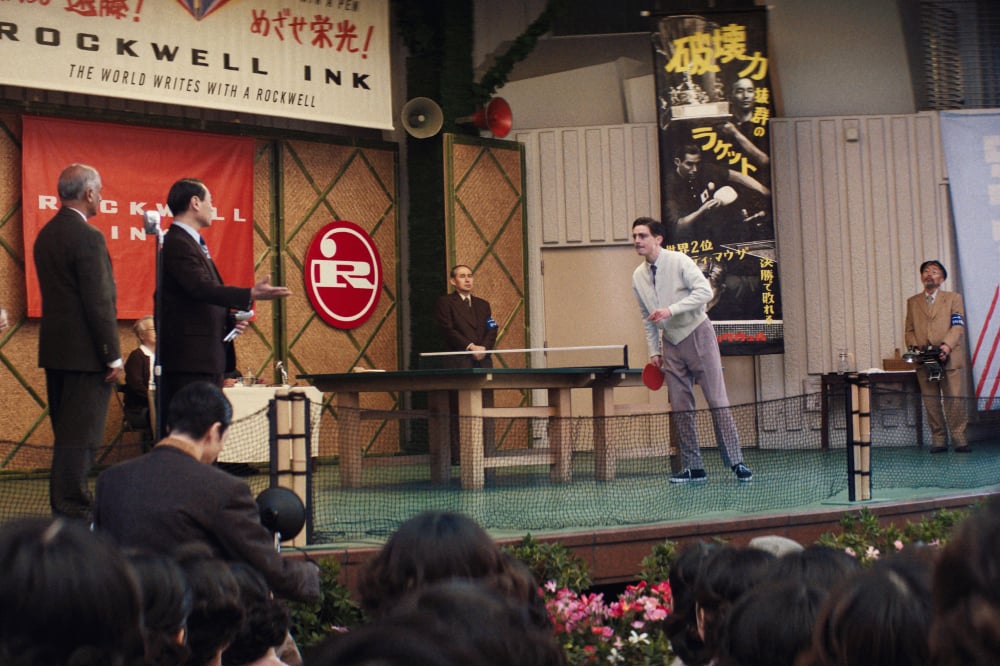Francis Ford Coppola’s Disappointing ‘Megalopolis’ Isn’t Worth the Trouble
The 40-year-old production has finally been released, and it’s an overstuffed mess.
Francis Ford Coppola has spent more than four decades developing and filming “Megalopolis,” a science-fiction fable that transposes the fall of Rome to modern-day New York. In so doing, he has inadvertently proven that it is nearly impossible for a project that has gestated in such a fashion to succeed — or even make sense. Too many ideas, too many competing perspectives, too many fits and starts; this is less a complete film and more an artist’s notebook, where the occasional intriguing idea emerges from a sea of half-considered notions.
The project is grand. The film is bad.
Some early viewers — including some of the influential director’s compatriots, a handful of optimistic critics and the man himself — have passionately declared “Megalopolis” to be a visionary and bold achievement that pushes the medium of film forward. Different observers can certainly take different things away from a film, particularly one as frenetic and beguiling as “Megalopolis.” But I believe that any genuine praise is merely wishful thinking, trying to put clothes on an emperor who no longer has any.
He’s not subverting or reinventing or experimenting; more than anything, he seems to be just kinda messing around. And the result, fleetingly handsome though its images may be, is nothing more than a mess.
There are many stories here; the one that comes the closest to completion is a power struggle over construction permitting. (No, I’m not kidding.) Cesar Catilina (Adam Driver) is an ambitious inventor and architect who has discovered a magical substance that can construct futuristic buildings, heal fatal wounds, stop time and do whatever else the script requires; after fragments of a decaying Soviet satellite destroy portions of the city, Catilina wants to use his magic plot device to rebuild with an eye to the future. The city’s mayor (Giancarlo Esposito), meanwhile, prefers a retrograde and profit-driven approach.
Nominally, the action of the film is a battle of wills between the two men, complicated when the mayor’s daughter (Nathalie Emmanuel) falls for Catilina. The path to get there, however, diverts through a dozen go-nowhere subplots, lurches forward in unmotivated action and sometimes rewrites itself in media res.
Perhaps a half-dozen sequences and moments emerge from this swamp to remind you that the filmmaker once made some great movies; there are moments where the absurdities and tonal chaos fade just enough to allow a thoughtful glimmer to shine through. A few performers manage to come out unscathed; Esposito has powerful scenes, and Aubrey Plaza’s performance as a scheming newscaster named Wow Platinum is the easy highlight of the film (even if her character is emblematic of a queasily misogynistic streak in the story).
Plucking those moments and performances, however, is simply not worth the headache you’ll develop in trying to make sense of the rest of “Megalopolis.” Major studios refused to finance this film, unconvinced of its viability. Often, such reticence indicates a lack of imagination; in this case, however, the studios were attempting to perform an act of mercy. They tried to prevent Coppola from exposing himself; unfortunately, he insisted.
My Rating: 3/10
“Megalopolis” opens in theaters Sept. 27.















